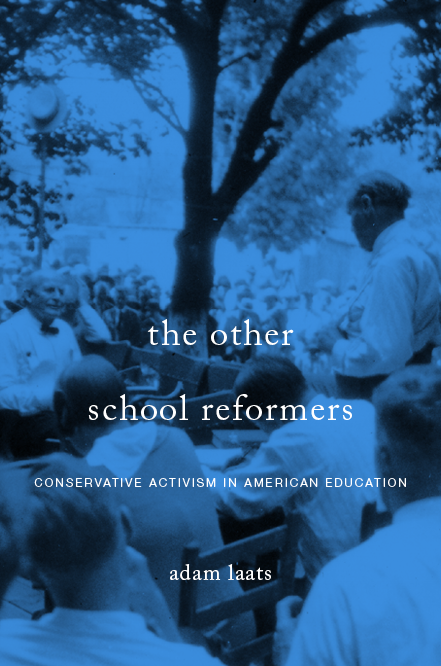Nostalgia can pack a political punch. Ronald Reagan promised it was “morning again in America.” More recently, Tea Party activists have worked at “Taking America Back.” Even President Obama used nostalgia to infuse his 2012 campaign with some of the energy and verve of 2008.
Recently, one traditionalist essayist has warned of the dangers of nostalgia, especially among conservatives. At Front Porch Republic, Mark Signorelli reminds readers that going home is often the worst sort of backwards movement.
As I have argued in a Teachers College Record essay, the power of nostalgia among educational conservative thinkers has always been intense. Lots of different types of conservative intellectuals, from Milton Friedman to Max Rafferty to Henry Morris to Sam Blumenfeld, all based their educational policy arguments on a bedrock assumption that something had gone terribly wrong with American education and culture. Each of them posited a different educational golden age, before teachers’ unions, or evolution, or progressive education trampled on proper education.
Mark Signorelli doesn’t disagree that the education system in America is terrible. His mother, a veteran teacher in his hometown school district, suffered repeated harassment for trying to do a good job. Nor was the experience uplifting for Signorelli as a student. As he writes,
The schools in my town had problems reaching far beyond the poisonous effects of identity-politics, however. They are the same problems afflicting schools throughout the country – the disorder in the classroom and the hallways, the narrowing of pedagogical aims to the strictly vocational, the failure to transmit anything resembling our intellectual and artistic heritage. I do not wish to sound ungrateful; throughout my schooling, I had a number of remarkable teachers, to whose instruction I owe much. But they, like me, were confined within an aimless system, which had long ago abandoned any responsibility to tend to the moral development of young minds. . . . It seemed to me as though my teachers had engaged in an extensive conspiracy to rob me of my proper literary patrimony. But they did teach me the varieties of STD’s. The situation was exactly the same in the Catholic as in the public schools; I moved between the one and the other throughout my youth, but found little difference between them except for the dress code at the Catholic schools, and their considerably lower rates of assault and battery among the student body.
Signorelli warns that such shoddy educational experiences make nostalgia a dangerous weapon, especially for those traditionalists prone to fetishize “going home.” If such was the fare on offer in our hometowns, how can we ever justly yearn to go home again?




